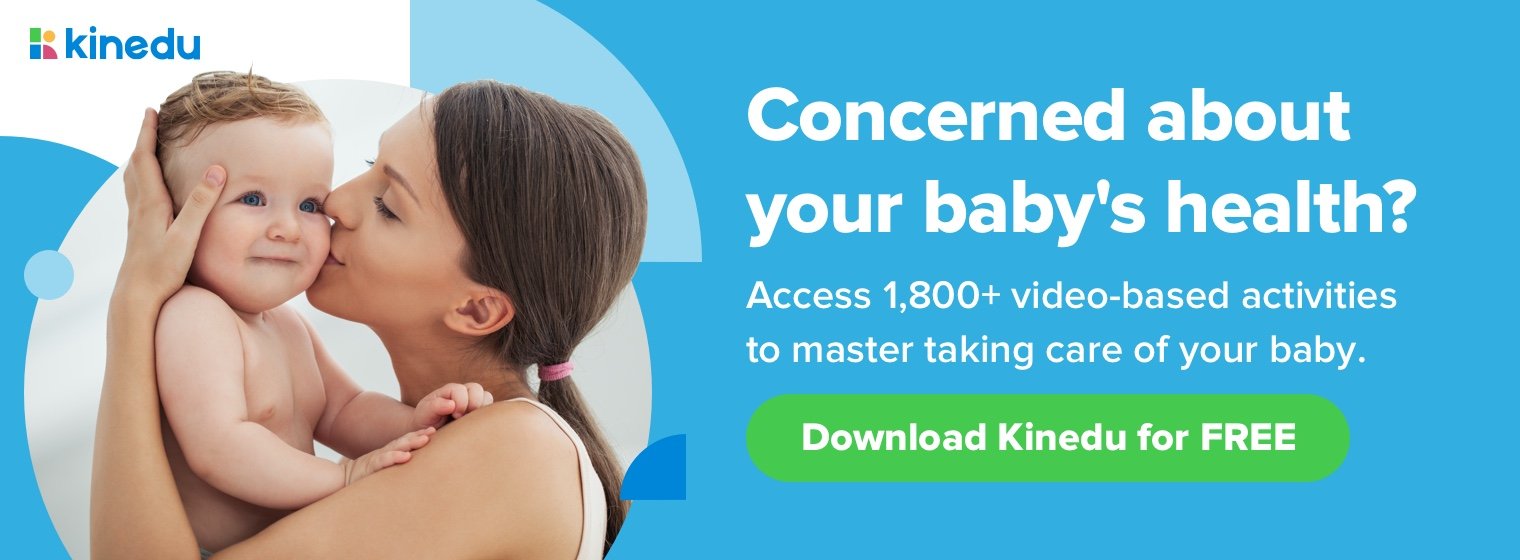Key points:
- Fever is the elevation of the body’s core temperature as a natural defense mechanism.
- Babies can have a fever for many reasons, with viral infections being the most common cause.
- It is considered a serious or emergency situation when a newborn has a fever or when older babies have a high fever above 40º Celsius.
- Fever can be controlled through medications, and other physical methods and alternative remedies can also be used.
- The degree of fever does not always correlate with the severity of the illness.
- Febrile seizures may occur if there is a family history.
What is fever?
Fever is the elevation of the body’s core temperature as a natural defense mechanism against bacterial or viral infections. All children experience fever at some point in their lives, and it is not necessarily a sign of seriousness or something to worry about.
Fever is considered if, when measured rectally, the temperature is above 38º Celsius, and if measured under the armpit or with an infrared thermometer, the temperature is above 37.5º Celsius.
What can cause a fever?
Babies can have a fever for many reasons, with viral infections being the most common cause, but processes such as teething can also cause fever. If the fever is due to a virus, it usually resolves on its own, and all we can do is control the fever, sometimes with medications. It is always recommended to consult with a pediatrician when the baby has a fever, because it could also be due to other bacterial conditions, such as otitis, etc.
When should I worry?
It’s important to know that a fever is considered mild when it ranges from 37.5ºto 38.3ºCelsius. It is moderate when it ranges from 38.4 to 39.8º Celsius, and it is considered a high fever when it is above 40º Celsius.
It is considered a serious or emergency situation when a newborn (less than 28 days old) has a fever, and immediate medical attention is required. Also, if a baby has a high fever above 40º Celsius, this is an emergency, and you should seek medical attention immediately.
How can you control or reduce a fever?
Fever can be controlled through medications. It is essential to have medications such as paracetamol, ibuprofen, or diclofenac (according to your specific situation, you can discuss with the doctor which medication is best for your baby) at home. It is also important to have a medication for rectal administration, such as paracetamol (because it takes effect more quickly). But always consult your healthcare provider before giving your baby medication.
Complementary physical methods can also be used alongside medications to control fever, but it is essential to give the medication first and then apply the physical methods.
Some of these methods are:
- Keeping the baby cool without covering them too much.
- Giving them a 30-minute warm (not cold) bath and getting their whole body wet.
- Applying damp compresses all over the body.
Fears about fever
The degree of a fever does not always correlate with the severity of the disease; for example, in the case of mononucleosis. However, some diseases do imply greater severity, and a high fever can be a symptom of conditions like otitis or urinary tract infections.
Febrile seizures may occur if there is a family history, and it’s important to know that they are not necessarily related to the temperature or degree of the fever. Some babies experience seizures with mild or moderate fevers.
If your baby experiences a febrile seizure, it’s important to remain calm during the episode, place the baby on their side, do not put anything in their mouth, and time the duration of the seizure (to inform the doctor later). Contact your healthcare provider straight away if this happens.
Fever can be a cause for concern, especially with very young babies, but with the proper knowledge of what it can mean and how you should manage it, you can keep your little one safe. Remember that every baby is different, and if you have any doubts or concerns, it’s always best to consult with your pediatrician, who can provide specific guidance for your child’s well-being.








